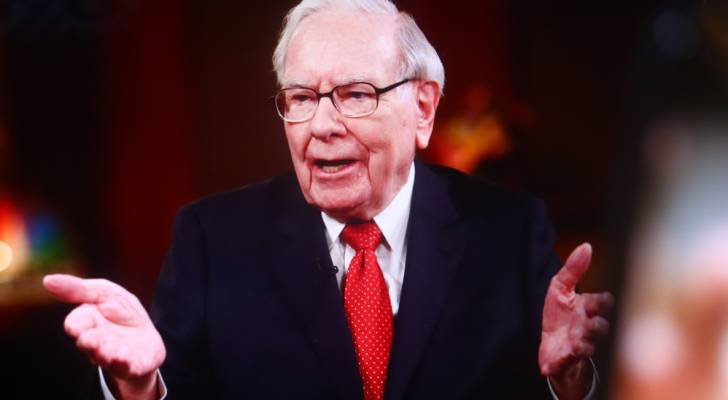Rich older Americans are using these 3 retirement saving strategies to supercharge their nest eggs — here’s how to use them to prepare for a comfy retirement


We adhere to strict standards of editorial integrity to help you make decisions with confidence. Some or all links contained within this article are paid links. The U.S. Department of Labor estimates you’ll need 70-90% of your pre-retirement income to maintain your standard of living in your golden years. Americans expect they will need $1.26 […]
Worried about an impending recession? 10 money moves to make right now


We adhere to strict standards of editorial integrity to help you make decisions with confidence. Some or all links contained within this article are paid links. The chance of a recession hitting the U.S. economy in 2025 has gone down — but only slightly. JP Morgan scaled back its recession forecast from 60% to 40% […]
Here are 5 things that will likely get more expensive in 2025 — no matter what Trump does in the White House


We adhere to strict standards of editorial integrity to help you make decisions with confidence. Some or all links contained within this article are paid links. Imported household appliances that are made with steel parts — like washing machines, refrigerators and stoves — will be subject to President Trump’s expanded tariffs starting June 23, according […]
Federal Reserve just raised the alarm over 1 key economic indicator — signals 12-year high in ‘consumer distress.’ Here’s the big problem crushing American finances (and how to solve it)


We adhere to strict standards of editorial integrity to help you make decisions with confidence. Some or all links contained within this article are paid links. While investors worry about the markets, the Federal Reserve Bank of Philadelphia is raising the alarm about another economic indicator: credit card payments. According to the central bank, more […]
Warren Buffett has a ‘big worry’ over the US dollar ‘really going to hell’ — warns fiscal policy is what really scares him in America. Here’s why (plus 3 ways to protect yourself now)


We adhere to strict standards of editorial integrity to help you make decisions with confidence. Some or all links contained within this article are paid links. With a whopping $348 billion in cash on Berkshire Hathaway’s balance sheet, it’s easy to assume Warren Buffett has no worries at all. But in a recent meeting with […]
Stop overpaying for these 5 things ASAP


We adhere to strict standards of editorial integrity to help you make decisions with confidence. Some or all links contained within this article are paid links. The price of almost everything – from a carton of eggs to a pound of steak – remains stubbornly high. According to a report by Edelman Financial Engines, 58% […]
I’m 56 and my wife died suddenly a few weeks ago. I’m finally ready to think about the future, but she made 65% of our income and I won’t be able to afford our bills on my own — what do I do?
We adhere to strict standards of editorial integrity to help you make decisions with confidence. Some or all links contained within this article are paid links. Consider this scenario: Paul’s wife unexpectedly passed away a few weeks ago. Aside from the shock of losing the love of his life, he has a new source of […]
I’m 28, recently married and with zero debt — we always wanted to own a house but the market seems lousy. Is it better to invest in the S&P 500 and save while renting or just go for it?


We adhere to strict standards of editorial integrity to help you make decisions with confidence. Some or all links contained within this article are paid links. Jamie, 28, recently married her long-time boyfriend, Ben. They’ve always been careful with their money as a couple, sticking to a monthly budget and saving 15% of their salaries. […]
Michael Jordan gave Charles Barkley 1 golden financial tip in his early NBA days, and it made him millions — here is the big money move and how you can use it to get rich, too
We adhere to strict standards of editorial integrity to help you make decisions with confidence. Some or all links contained within this article are paid links. Young athletes have been known to blow through their first big paycheck. Former NBA star Charles Barkley almost did, too — until Michael Jordan gave him one life-changing financial […]
Barbara Corcoran is convinced it’s ‘a good time to buy’ a home despite 77% of Americans believing otherwise — here’s why she thinks the US real estate market will come back ‘by storm’


We adhere to strict standards of editorial integrity to help you make decisions with confidence. Some or all links contained within this article are paid links. There’s a reason so many Americans are hesitant to buy a home right now. For starters, homes are less affordable than they’ve been in the past. In April, the […]